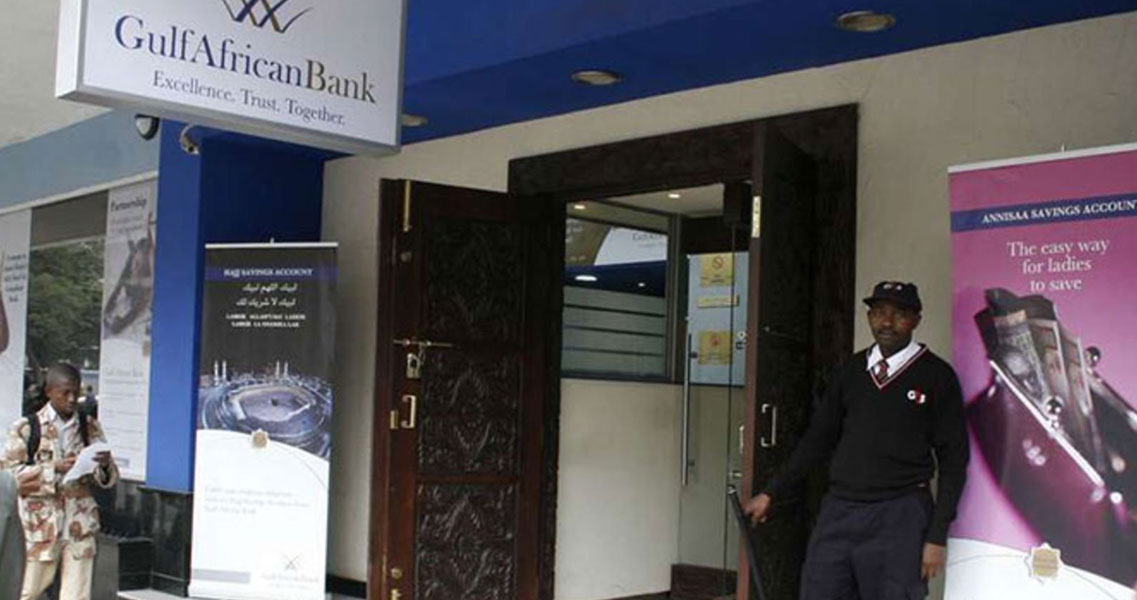
The current legal framework focusing on banking in Kenya is premised on the Central Bank of Kenya Act, Cap 491, and the Banking Act, Cap 488, which were designed with the conventional banking sector in mind.
Given that banking is a regulated business, any institution seeking to provide banking services has to seek the approval of the Central Bank of Kenya (CBK) in order to engage in banking. That approval would be given if such services meet the threshold laid down by the CBK and the Banking Act. The Banking Act, on its part, runs a unified regulatory approach, whereby no differential treatment is applied to Islamic banks in this instance.
Challenges of Regulating Islamic Finance in Kenya
Given the peculiarities of Islamic finance, particularly its heavy reliance on Shariah law, subjecting the approval of Islamic financial products to the existing conventional laws puts the growth of Islamic banks and financial institutions in Kenya at a disadvantage.
It has become apparent to regulators that the existing legal framework is far from sufficient in regulating Shariah-based lending. Institutions offering Islamic financial products have remained curtailed by operation of law, and therefore, to date, the Islamic finance sector in Kenya is not as developed and robust as it ought to be.
One of the main challenges facing the regulation of Islamic banking in Kenya is the concept of interest rates and how they should be regulated concerning Islamic banks and financial products. The CBK, on its part, is a key regulator of interest rates and does so by setting a base lending rate for banks. However, in Islam, interest (Riba) is frowned upon and expressly prohibited in the Quran.
Islamic banks engage in ‘mortgage’ activities by purchasing assets on behalf of their customers, inclusive of a profit aspect, and then entering into a contract on how the customer is to purchase that item from the bank. The CBK ought to regulate such contracts, but currently, they are handled like a typical mortgage product.
The same situation applies to CBK provisions that allow for overnight lending to commercial banks in order to boost their liquidity ratios. This lending is subject to interest, and since Islamic banks are regulated under the same framework, they are not exempt from this contemporary commercial practice.
Besides Riba, another fundamental difference between Islamic banking and commercial banking is the prohibition of income gained from Haram businesses, such as adult entertainment, pork dealership, gambling, betting, and other businesses that do not have an underlying exchange of assets.
These fundamental differences mean that different policies and approaches are required for Islamic finance in Kenya. As of now, there is no legal framework in Kenya requiring ordinary commercial banks that also offer Islamic banking to separate deposits obtained from these activities prohibited by Islam.
The State of Islamic Banking in Kenya
Despite the shortfalls in the law, currently, there are a number of licensed Islamic banks in Kenya, such as Gulf African Bank, First Community Bank, and Dubai Islamic Bank. Other traditional commercial banks are also striving to offer a mix of conventional banking and Islamic banking.
Despite these strides in licensing Islamic financial products, the Banking Act does not mention the existence of Islamic banking and neither does it define the concept nor attempt to offer guidance on how it should operate.
In this regard, it has been argued that the Banking Act falls short of Article 43 of the Constitution of Kenya, 2010, which provides for the promotion of the social and economic rights of every person.
For Muslims, whose economic activities are dictated by Islamic principles, the conclusion is that the Banking Act in Kenya to this date falls short of recognizing and promoting the economic advancement of the Islamic population.
As such, Islamic banking in Kenya and the Islamic finance sector to a large extent are still operating in a legal vacuum and are susceptible to vulnerability, as they have continued to rely on the dictates and the ad hoc directives issued by the Cabinet Secretary in charge of finance from time to time.
While the banking aspect of receiving and paying deposits has survived the void, certain other Islamic financial and banking products, such as Mudarabah (profit-sharing concept), Sukuk (Islamic bonds), Takaful (Islamic insurance), and Musharakah (Islamic type of joint ventures), have been slow to be introduced in Kenya, while others are still totally lacking in the market due to the lack of a sufficient regulatory framework.
Conclusion
In that light, the last few years have been characterized by the hunt for new policy approaches and draft laws to regulate Islamic finance, albeit very slow in actualization.
One of the main challenges to a regulatory approach based on Shariah law is that the Judicature Act in Section 3 does not provide for laws relating to Muslims or any other religion, for that matter, as one of the sources of law in Kenya.
Secondly, the Kadhis’ Courts are limited in jurisdiction in that they are not empowered to determine disputes under the Banking Act in accordance with the Muslim faith. As such, disputes relating to Islamic finance have continued to be determined in commercial courts.
This notwithstanding, Kenya, being a progressive economy, is already committed to accommodating Islamic finance in law, and therefore, it is just a matter of time before proper regulations are put into place.